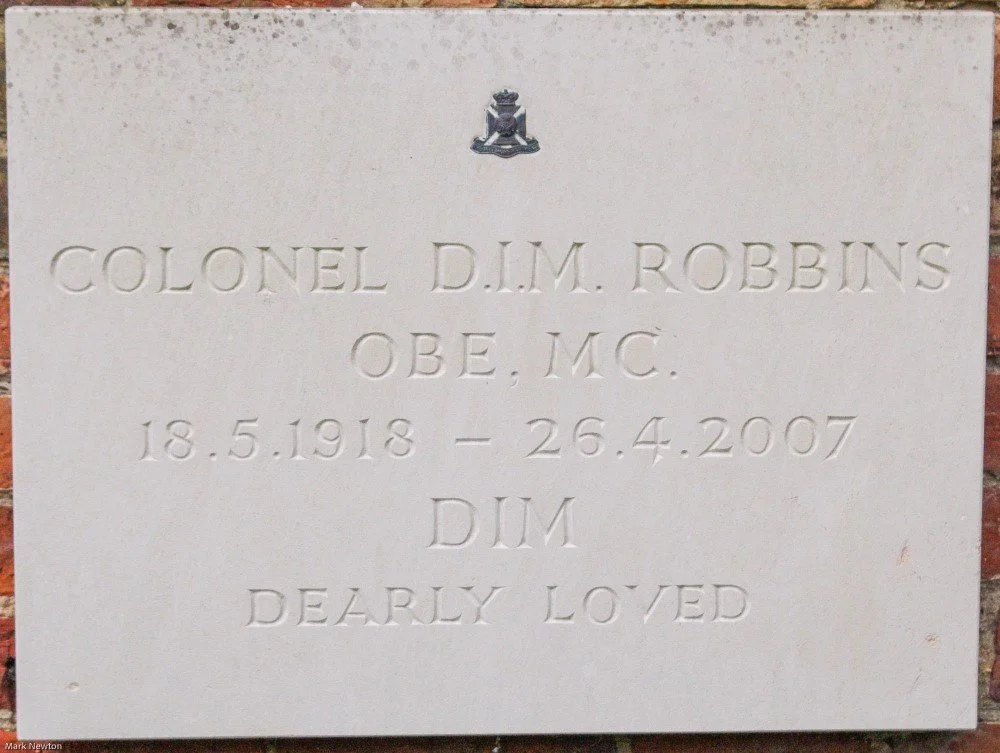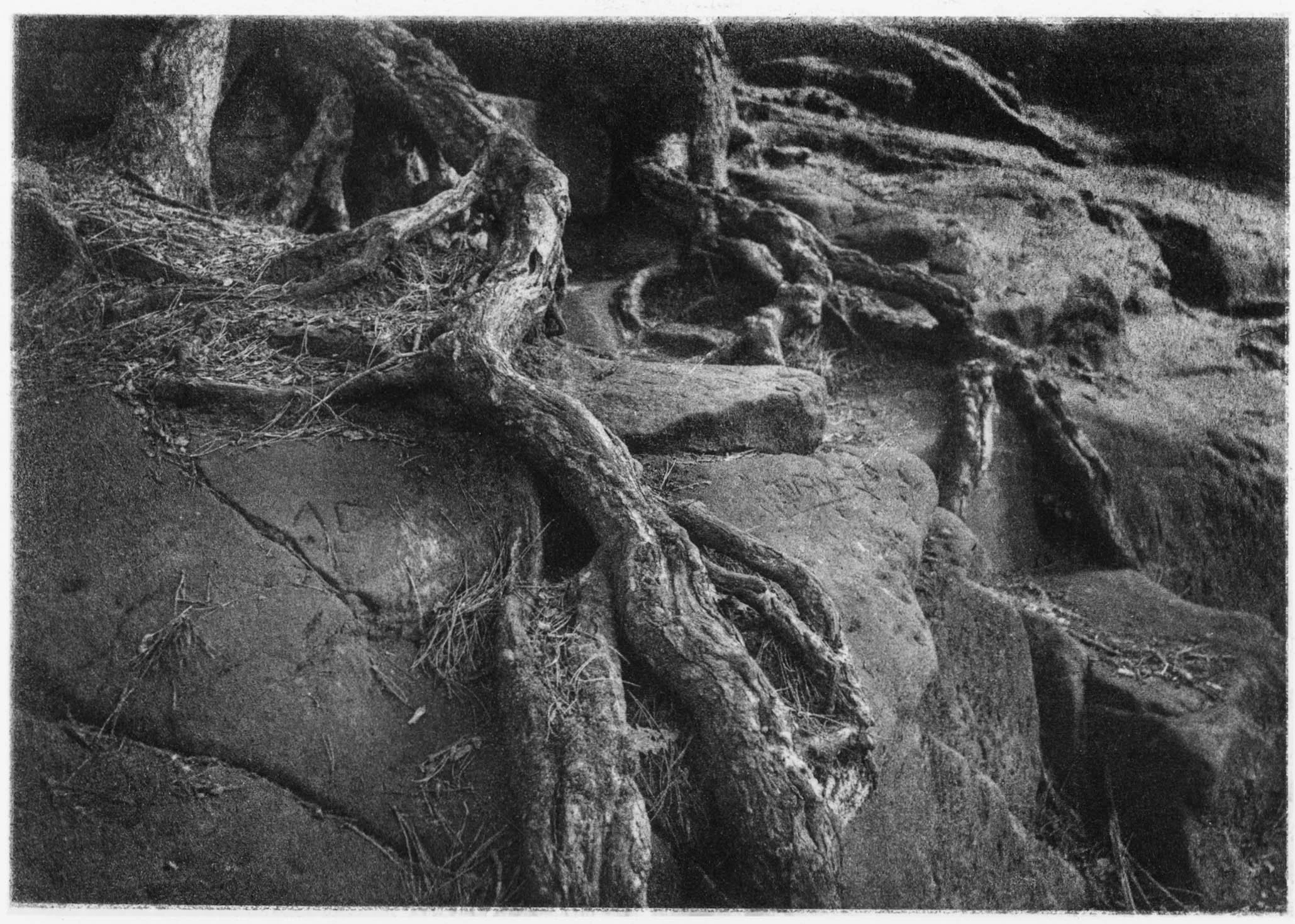Yoga
In memory of my Yoga teacher
Introduction
I’ve had a start-stop relationship with Yoga almost all of my life, but as I get into old age (I’m 73 in 2026) I am now seeing the benefits, but regretting the start/stop thing. These days I find time for daily practice. Now, that’’s a bad way of putting it. The principles inform how I live, so practice is continuous.
However, I try not to be a yoga-bore. I don’t think anyone would know what I am doing. It’s behind the scenes, so to speak.
In this post, I want to comment on why Yoga has been important to me and what I think about the current Yoga scene.
Origins of my Yoga
I have long been drawn to the chaos and cacophony that is India but also to moments of exquisite stillness when finding myself (literally, you understand) in Yoga at the Lodhi Gardens.
My paternal family’s involvement with India is dubious. Records show the family moving to India in the 1700’s from England. My father was born in Lucknow. My paternal ancestors were part of the East India Company’s colonisation. My grandfather and great grandfather were military doctors in the Indian army. Before that, my ancestors oversaw the pilot boats that worked the Hooghly River, a service that was a branch of the East India Company. My great Uncle was a professor of Sanskrit at what is now known as the University of Mumbai. Some of my earliest memories are of my father talking about growing up in India, of my father cooking various curries, of his love of cricket. India is in my blood. That is the only thing that can explain the dark complexions of some of my forebears.
So I was drawn to Yoga as a young man.
My first and most important teacher was Colonel DIM Robbins. He had studied under Iyengar in India. Dim was a wonderful man. He won the Military Cross with 4th Wiltshires in the 1944 North West European campaign, during which he was wounded three times. D.I.M. stood for Derek Ivan Mathie. His parents seemed to have been myopic. Anyway, I met Dim in Muscat (Sultanate of Oman) in 1978 as a 25 year old eager but slightly over-confident young man. Dim was there representing the Ministry of Defence. I was working there in my first job. The thing I remember about his teaching was that it was so light-hearted, peppered with awful jokes. But he was very serious about his own practise and about his students.
At that time I was practising Yoga every day, trying to incorporate its principles into a normal day. Asanas and Pranayama were reserved for outdoor locations in the desert or shore line.
Dim became President of the Wheel of British Yoga. A specific mention appears in a 1977 article he authored:
“All students of Yoga should try to learn at the feet of as many different teachers as they can. There are so few really good teachers, and the great masters are indeed rare. However, if you are lucky enough, and indeed deserving enough, then you will surely find more than one really good teacher in your lifetime. In this way you can be helped to achieve a balanced understanding in an unbiased awareness of what yoga really means. Then it is up to you to find the methods which best suit your one body and your one mind. This alone, through your endeavours will lead you to the ultimate and only worthwhile goal of that ever-desired union between your spirit and the cosmic consciousness.”
This was published in an unlabelled article titled ‘D.I.M. Robbins writes for us of his further Indian experiences’, and the clippings are in the files of the Ramamani Iyengar Memorial Yoga Institute (Volume 2).
I have not been so lucky as to find great teachers, but that may be my own fault. I think Yoga has often meant something different to me than to the various teachers that I have met. Yoga is such a personal thing that the learning context is everything.
My Practice
I doubt many people would recognise my practice as Yoga, so much now being internal and so much Yoga ‘out there’ being devoted only to Asanas. Much of my study is devoted to the philosophy of yoga and to Patanjali’s eight limbs (Ashtanga). The limbs (Yama, Niyama, Asana, Pranayama, Pratyahara, Dharana, Dhyana, and Samadhi) are to be seen as one organic system. The philosophy is to be understood through practising the eight limbs, not through only studying texts, although these are important. Each limb is dependent on all of the others in a mutually supportive way.
© Tony Cearns, Bromoil print - ‘Roots’
Today, I restrict myself to a handful of asanas, preferring to keep things very simple by studying a few in depth rather than many in a perfunctory way. I hesitate to specify asanas to body parts because all asanas should be practised with the whole of one’s being (body + …. ). That’s partly the point of them. That said, I do select those asanas that help those aspects that provide a challenge to ageing people like me: balance, spinal fluidity and ankle flexibility.
Why ankle flexibility? I enjoy mountain walking. Walking over uneven terrain such as boulder fields or scree slopes requires ankles to be strong and resilient. Also to go to the toilet in the field requires a deep squat if one is to remain clean. Enough said. One of the things that you notice when travelling to places where most people still toil all day and do not sit for long stretches of time is that they have good ankle flexibility. People sitting on their haunches is a common sight. I doubt one in fifty people in the UK could now sit like that, such has been the reduction in motility in advanced economies.
The asanas that I practise:
Tree - Vrkshasana - This standing balance pose strengthens ankles while training balance. The spinal adjustments needed to maintain the pose enhance spinal awareness and fluidity.
Standing Side Stretch - Ardha Chandransana
Standing Forward Fold - Uttanansana
Dog - Adho Mukha Shvanasana - Pedaling the feet alternately stretches ankle dorsiflexion while the spine lengthens. Pressing the heels toward the floor over time increases ankle flexibility.
Triangle - Trikonasana
Warrior - Virabhadrasana - Excellent for balance while the standing ankle works intensively. The spine extends and engages throughout its length, promoting both strength and mobility
Cobra to Child's Pose Flow - Alternating between these poses creates a spinal movement through extension and flexion while working ankle flexibility in Child's Pose.
Reclining Twist - Supta Parivartanasana
Sun salutation - Surya Namaskar Relaxation pose
Shavasana
Behind these asanas there are some cleansing techniques, locks, fasting, and so on.
So, behind the scenes, Yoga has been formative to how I think and act. The notion of a union with all things, away from disenchantment, away from alienation, has great appeal. I truly believe it’s the motivating principle behind our human way of being.
The current Yoga scene
There’s probably no such thing as the current Yoga scene.
he thing that I have found off-putting has been the almost total bastardisation of the practice to physical culture or, worse, ‘keep-fit’ or ‘technique’ (to counter anxiety, say) or gym culture. Not all schools are like that, but most seem to be. The whole of Yoga needs to be covered and not merely a part of it. This is because each part of Yoga is essential to the whole. Of course, Yoga cannot be taught. It is a path, if I can use a tired metaphor. Teachers point the way, but only you can tread the path.
There is a hint of irony here. It was the periods of colonialism and fin de siècle exchange in Bengal that caused the reframing of Yoga into a Western/European enterprise. My family being present in Bengal at the time may have been involved in that.
My disappointments have meant a rather patchy relationship with Yoga over a lifetime. But as I said in the introduction, it has become an important part of my relationship to the world, if that’s not overstating it.

